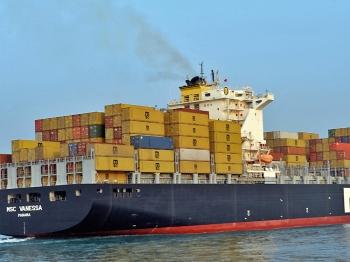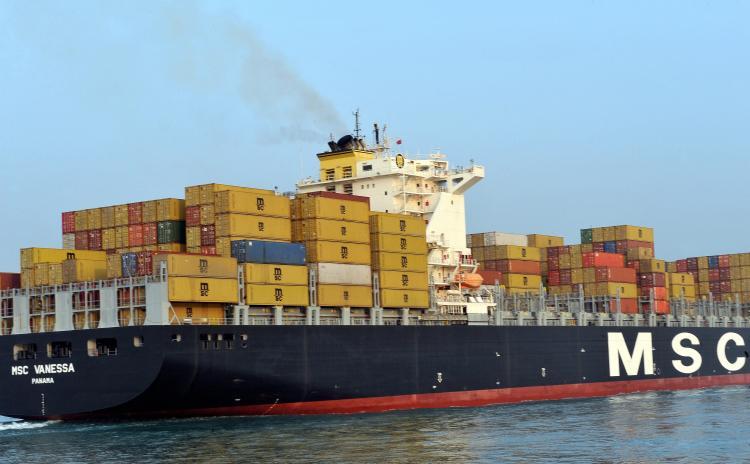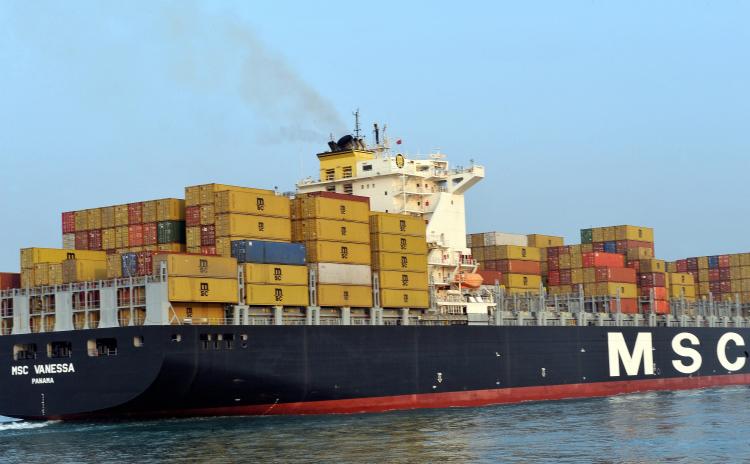The race for control is already well on its way. At this time, China already controls almost all of the world’s trade of rare earth metals.
“China controls about 95 percent of the global trade for the 17 minerals that collectively make up the rare earth metals market,” according to a 2011 article on the Fellowship of the Minds website.
It is not that China acquired the world’s rare earth metal mines, as they are on Chinese land, but it makes every effort to acquire mines in other countries. Then again, rare earth metals are found in the United States, in Canada, and according to the Pentagon, in Afghanistan. But only China is willing to mine these metals, while the others are not. The exorbitant production cost is claimed as the main reason.
Financial gurus suggest that China’s control of the rare earth metal trade “is mostly a result of low Chinese wages and lax environmental controls having made it unprofitable to mine the elements in other countries,” according to The Local, Germany’s English language local newspaper.
It is not at all as it seems, as experts suggest that China’s dominance over the rare earth metals trade could come to an end within a few years as companies look for alternatives to these metals. For example, development is underway that could make rare metals obsolete in the production of turbines and electric vehicles.
“Various researchers are working to develop new materials that require much smaller quantities of rare–earth materials, and for some applications, such as wind turbines and electric vehicle motors, alternatives already exist,” according a recent article on the RareMetalBlog.
Debate Versus Action
“As China continues its rise to becoming the world’s most prosperous economy, the U.S. government’s refusal to participate in the trade war between the two nations has cost the [U.S.] economy dearly and will only do further harm in the future,” said Sam Williford in a recent article on the Economy In Crisis website.
U.S. government agencies, including the Office of the United States Trade Representative, the Department of Commerce, and the U.S. International Trade Commission are ineffective when dealing with the thousands of trade violations committed by China.
Years of debate and so little progress due to inaction by the U.S. government is eroding the United States’s standing in the world of trade.
China’s intellectual property rights and indigenous innovation policy, which has been on the U.S.-China Economic and Security Review Commission agenda more than once, was also debated by the House Committee on Foreign Affairs in March and by many other government agencies and committees.
Expert testimonies before various government committees have repeated ad nauseam that America should get its act together, not kowtow to the Chinese, and not worry about possible retaliatory actions by the Chinese, but not many in our government have understood that America is still in the driver’s seat.
“It is clear that a China with a $273 billion surplus (2010) with the United States can only lose, and lose big, by any set of tit for tat retaliatory trade sanctions with the United States,” said former U.S. Sen. Thomas Slade Gorton III during his May 4 testimony before the U.S.-China Economic and Security Review Commission.
The decade-long trade crisis has cost the United States 5.5 million jobs and contributed to the shutdown of 50,000 manufacturing firms.
In 2011 thus far, the U.S.-China trade deficit amounts to $42 billion, while the total trade deficit for 2010 was $273 billion. In 2010, China exported to the United States four times more goods than the United States exported to China, according to numbers compiled by the U.S. Census Bureau.
The reasons for unbalanced trade between the United States and China lie in China’s protectionism through indigenous innovation and other policies, mercantilistic strategies, and exchange rate policies.
Read More...Negotiating Behind Closed Doors
Yet the U.S. and Chinese governments are still negotiating behind closed doors, and the promises made by Chinese negotiators, which are often leaked to the press, have not materialized. The U.S. government is still not committed to developing a sustainable trade policy that deals fairly and squarely with China’s predatory trade practices.
“America desperately needs some form of actual trade policy, instead of continuing to let foreign interests rob us blind. International trade is about mutual gain for both sides, not one party mugging the other,” implores Williford in his article on the Economy In Crisis website.
China’s predatory practices include manipulation, forced labor (in which workers do not receive any or only subsistence wages), subsidized exports, intellectual property rights piracy, theft, and so on.
Analysts suggest that the list of China’s predatory trade activities is too long and is growing larger not by the year, but by the day.
“China’s proliferation of unfair trade practices continues unabated with dire consequences for U.S. workers, business and innovators. … China agreed to remove its existing barriers to trade and to not adopt new barriers. Nearly a decade later, however, China has not followed through on many commitments, and has developed a new generation of discriminatory and unfair trade practices,” said 181 members of Congress in an end-of-September 2010 letter to President Barack Obama.
Warnings Brushed Aside
U.S-China trade negotiations “have made incontrovertibly clear the pointlessness of holding trade talks with China in the first place,” according to a 2009 Washington Times opinion article by Alan Tonelson, research fellow at the Washington D.C.-based U.S. Business & Industrial Council Educational Foundation.
Surfing the Internet provides a drove of facts about China’s predatory trade practices from think tanks, trade associations, academia, labor organizations, industry, and even government officials, who address remedies as well.
“The January trade deficit surge, coming on top of a 32-plus percent rise in last year’s deficit figure, is telling Congress loudly and clearly to figure out how to do trade policy right before plunging ahead with new agreements. Step One needs to be solving our trade crisis with a China that remains highly protectionist despite years of U.S. pleadings,” said Tonelson in a March note on the American Economic Alert website.
Speaking of loss of intellectual property, former Sen. Gorton suggested in his testimony that the U.S. should slap a tariff covering 150 percent of the prior years’ losses on all of China’s imports into the U.S. until China ceases and desists its practices. He even suggests limiting the U.S. president’s authority to grant a waiver. The problem with this suggestion is that it would violate the international trade laws that the United States has pledged to uphold.
Alan Wm. Wolff of Dewey & LeBoeuf , attorney at law and research professor, has a number of suggestions of which one is to keep talks with the Chinese going. Well, he also suggested to use the World Trade Organization more aggressively and find ways to make China more compliant.
In his 2009 Washington Times article, Tonelson points to the crux of the matter, “Chinese determination to violate commitments [is] nearly as intense as Washington’s determination to look the other way or serve up excuses.”






